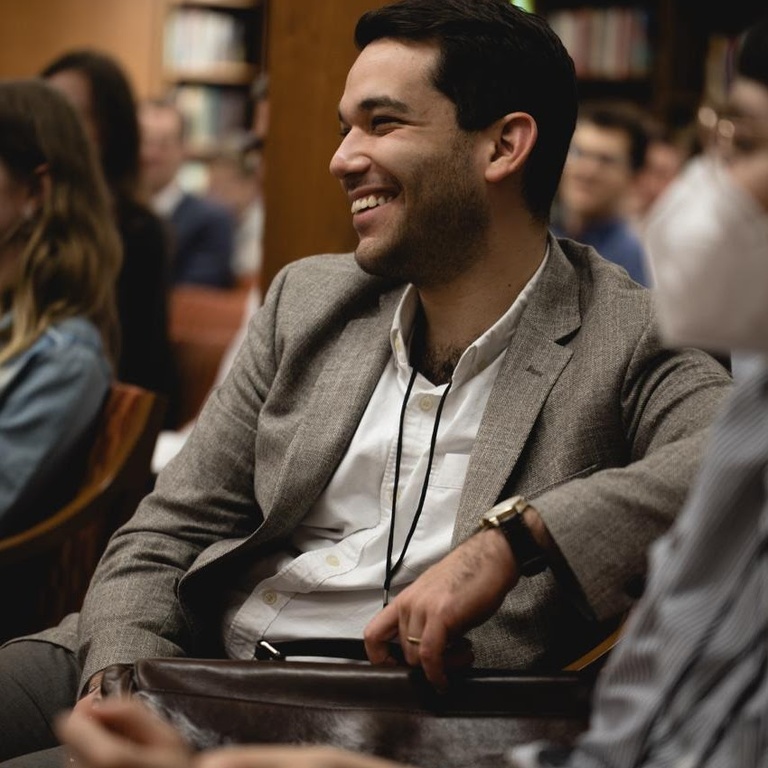Daniel Friedman
Get to know Daniel
Professor Friedman's main philosophical research takes up questions in epistemology, the philosophies of action and science, as well as social ontology and the philosophy of AI. Teaching interests include: moral philosophy, philosophy of law and applied ethics (esp. business ethics). Recent areas of focus have included the role of cooperation in epistemic life, the possibility and promise of joint human-AI inquiry, the nature of expert judgment in the sciences, the nature of normative defeat, and shared inquiry within deliberative democracy. Further information can be found on his website.
Professor Friedman will be a Postdoctoral Research Associate in the Philosophy of AI at Purdue University from 2025-2026 and join the department fully in Fall 2026. He will complete his Ph.D. at Stanford University in 2025.
Articles
- "Zetetic Rights and Wrong(ings)" The Philosophical Quarterly (forthcoming): Defends a class of “zetetic rights” rights distinctive to group inquirers. Zetetic rights protect important central interests of inquirers. Building on arguments by Fricker (2015), explores cases in which zetetic rights are violated: zetetic wronging. Zetetic wronging is distinctive, pervasive, and merits further attention. Publisher's Version.
- “Intentions and Inquiry” Mind (2025): Defends an approach to understanding inquiry that draws on intentions to answer questions. Shows this approach can offer compelling grounding for controversial zetetic norms. Publisher's Version. NWIP Blog Post.
- “Scientific Disagreement, Fast Science, and Higher-Order Evidence” (w/ Dunja Šešelja). Philosophy of Science (2023). Publisher's Version
- Epistemology
- Philosophy of Action
- Philosophy of Science
- Philosophy of AI
- Social Ontology
